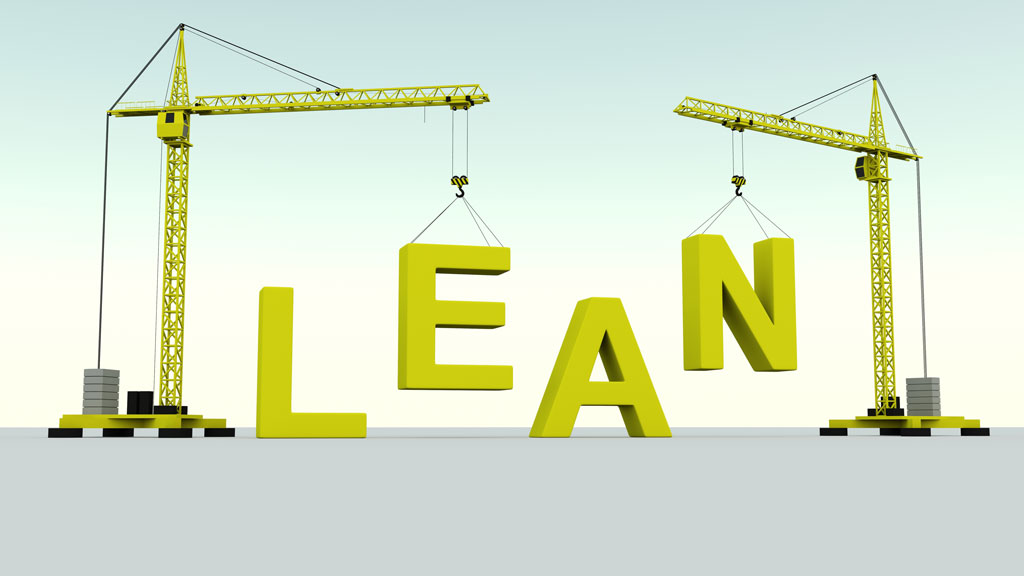Lean construction practices can pollinate across an organization while pushing productivity, according to one expert.
Chandos Construction Ltd. lean and sustainability specialist Jack Statham is in charge of the company’s efforts to implement lean principles both in the office and on the worksite. He said lean construction is a system of continuous improvement but from his point of view is about individuals striving to do better.
“I really focused on the cultural aspects of lean and the idea of respect for people. By empowering people you allow them to really make improvements consistently and daily. That overall improves the organization based on whatever you want to improve at that time,” Statham said.
Lean practices originated from policies put in place at Toyota Japan in the 1940s post-war recovery and it was subsequently adopted by American manufacturers and construction companies beginning in the 1980s.
Statham said many of the same ideas originally implemented by Toyota still apply to today’s construction industry.
“You want to give the customers what they want and what they’re expecting. I’d say this is even more important within construction because we’re doing very complex buildings and structures and to be able to pivot and understand exactly what’s required and the quantity and quality of what’s required really gives construction that advantage to implement,” he said.
Statham said Chandos started implementing lean practices on their first project using the integrated project delivery (IPD) model in 2015, the Mosaic Centre in Edmonton, through what he called the “last planner system.”
“The idea is that you get the people onsite closest to the actual work to help create the onsite schedule. This allows them to discuss different scheduling aspects and also really allow flow within the project,” he said.
Chandos focuses on the cultural aspects of lean practice, Statham added, across the entire spectrum of the company.
“Everyone has access to the same training and we make as much improvements visible (as possible), whether it’s coming from the president or CEO or carpenters onsite. It’s really great to be able to share wins, lessons learned and experiences from everyone within the organization,” he said.
The COVID-19 pandemic forced massive change on not just the industry but the planet, and Statham said lean practices helped Chandos adapt.
“Our project teams were creating different improvements for how they were dealing with COVID and then sharing them company-wide, so we were getting this from all of our projects. One superintendent would make an improvement, another project team would see that improvement and then improve upon it,” he said.
“In a matter of a couple of days or a week we were able to quickly change our safety implementation of COVID-19 measures,” he added, citing a change from paper sign-ins and sign-outs to use of QR codes in just under a week.
“Now we’re using them for quality assurance and quality control, near-misses and incident reports, and we’ve been able to take an idea and through multiple small improvements create a new company standard,” Statham said.
The company also holds an annual company challenge where employees create videos showcasing their implementations of lean practices, which are then shared and adapted across the organization.
“Every year for the months of March and April we do a 60-day challenge and inspire our teams to make as many improvements as they can within the two months and then share them company-wide. We highlight all the videos that were created on Friday of every week throughout the two months. On average we get about 50 to 60 videos shared (in that time period),” Statham said.
The videos, which are shared company-wide, demonstrate the non-hierarchical nature of the lean process, he added.
“Wherever the idea comes from is not the important part, it’s the idea itself,” Statham said. “We don’t want to limit people to only two months, so it’s always reinforced to keep making improvements and sharing those improvements.”
Follow the author on Twitter @JOCFrey.




Recent Comments